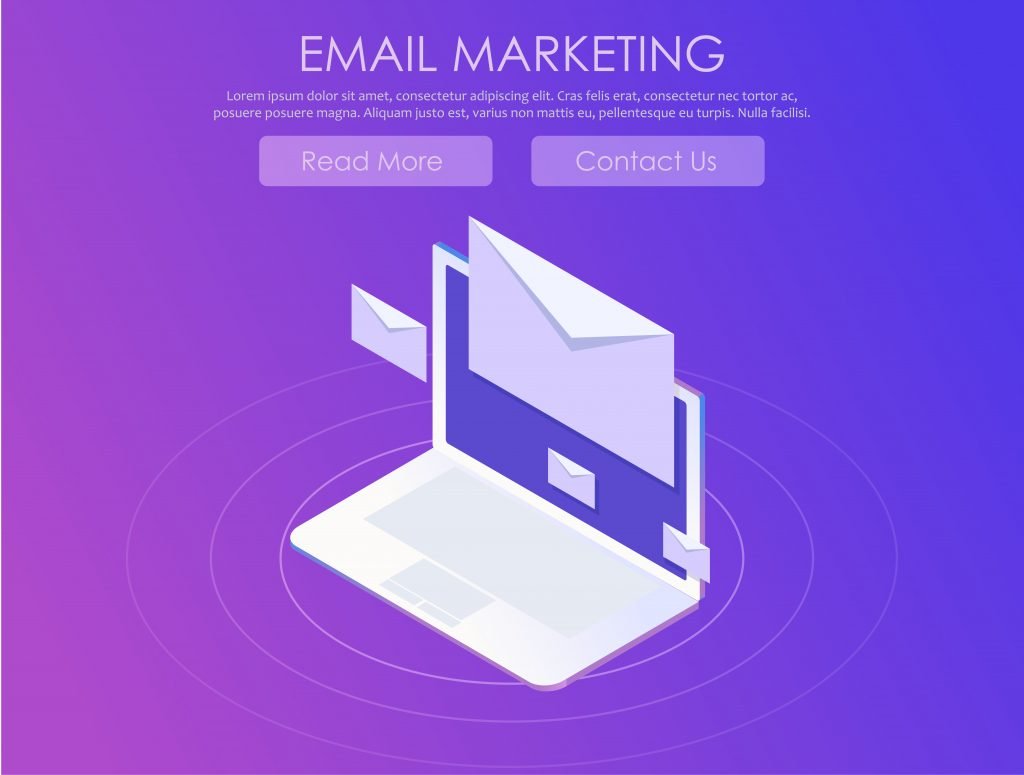Marketing professionals agree that the number-one most important thing to look out for when creating an effective campaign and strategy is the quality of sales leads your efforts to produce.
When you’re marketing your heating repair company, you want to be certain you’re not pitching to random people who may or may not even need your services.
You want your HVAC marketing to be geared towards those who need what you offer.
Read on to learn how to make it happen.
1. Your Online Reviews Matter:
Over 90% of people read online reviews about a business before deciding to reach out to them.
Especially since you know the people reading your reviews are doing so because they need help with their HVAC services, you want to make sure they have something to look at.
Embed review requests in your emails, and offer discounts for customers who do leave reviews. Read your reviews as often as possible, and make sure to promptly respond to every one of them.
2. Submit to Online Business Directories:
You need to connect with local consumers if you want your business to stay afloat.
After all, people aren’t exactly going to call an HVAC and heating repair company that’s three states away.
Submit to local business directories, and also try to form relationships with other local businesses to promote each other.
3. Give Hyperlocal Marketing a Try:
We just spoke about the importance of local marketing — but you also need to get hyperlocal.
When you draft keywords to include in your content, make sure you reference not just your city and state, but even nearby landmarks.
The same goes for your street name, local festivals and events, and more.
4. Embrace Email Marketing:
Email marketing is so effective when it comes to marketing your heating repair company because those receiving the emails have actively chosen to be contacted by your company.
Perhaps they were past clients, maybe they live in the area, or maybe you’re connecting with other local business owners.
Either way, you know they are quality leads. Plus, emails offer invaluable analytics that allow you to further refine your marketing strategy.
5. Remarket on Social Media:
If you want to capture leads, you need to focus on converting the people who have already shown an interest in your heating repair services.
These people have clicked on your social media profiles or website, but for whatever reason, didn’t book your services.
Remarketing — having your site and service pages show up in their social media profiles — is an awesome gentle reminder for them to complete the transaction.
Get More Leads for Your Heating Repair Company with These Tips:
This is a great starting point when it comes to the top ways to get more leads for your heating repair company.
Of course, you also need to learn how to improve your campaigns, schedule social media posts, write blog posts, track analytics, and much more.
Don’t sweat it — we’ve got you covered.
Keep checking back with us for more marketing tips you can’t afford to miss.
Read Also:
























